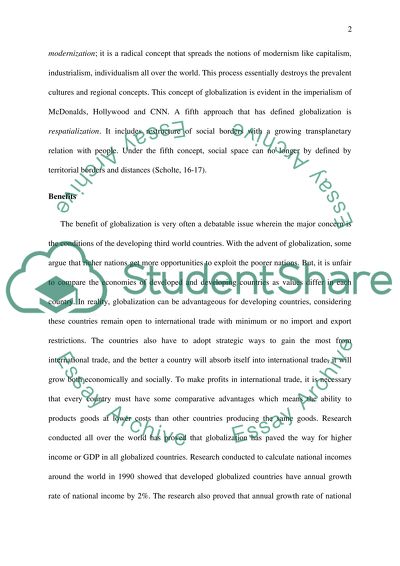Cite this document
(The Benefits of Globalizing Processes Coursework, n.d.)
The Benefits of Globalizing Processes Coursework. Retrieved from https://studentshare.org/macro-microeconomics/1611192-what-are-the-benefits-of-globalizing-processes-how-the-international-relations-are-affected-by-this
The Benefits of Globalizing Processes Coursework. Retrieved from https://studentshare.org/macro-microeconomics/1611192-what-are-the-benefits-of-globalizing-processes-how-the-international-relations-are-affected-by-this
(The Benefits of Globalizing Processes Coursework)
The Benefits of Globalizing Processes Coursework. https://studentshare.org/macro-microeconomics/1611192-what-are-the-benefits-of-globalizing-processes-how-the-international-relations-are-affected-by-this.
The Benefits of Globalizing Processes Coursework. https://studentshare.org/macro-microeconomics/1611192-what-are-the-benefits-of-globalizing-processes-how-the-international-relations-are-affected-by-this.
“The Benefits of Globalizing Processes Coursework”. https://studentshare.org/macro-microeconomics/1611192-what-are-the-benefits-of-globalizing-processes-how-the-international-relations-are-affected-by-this.


